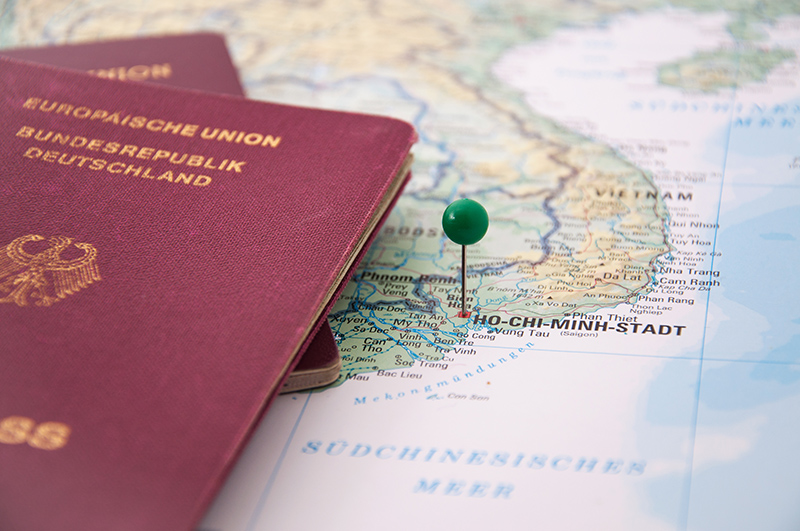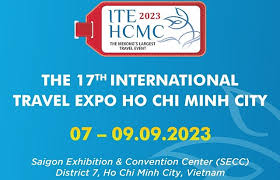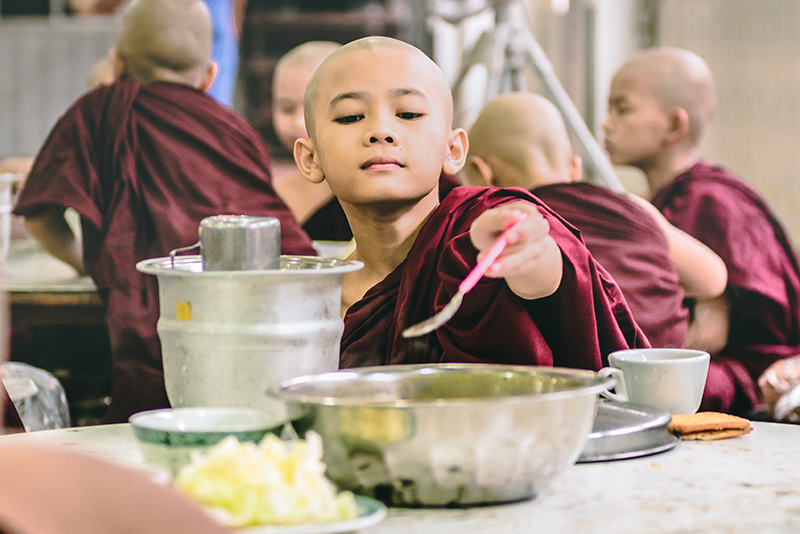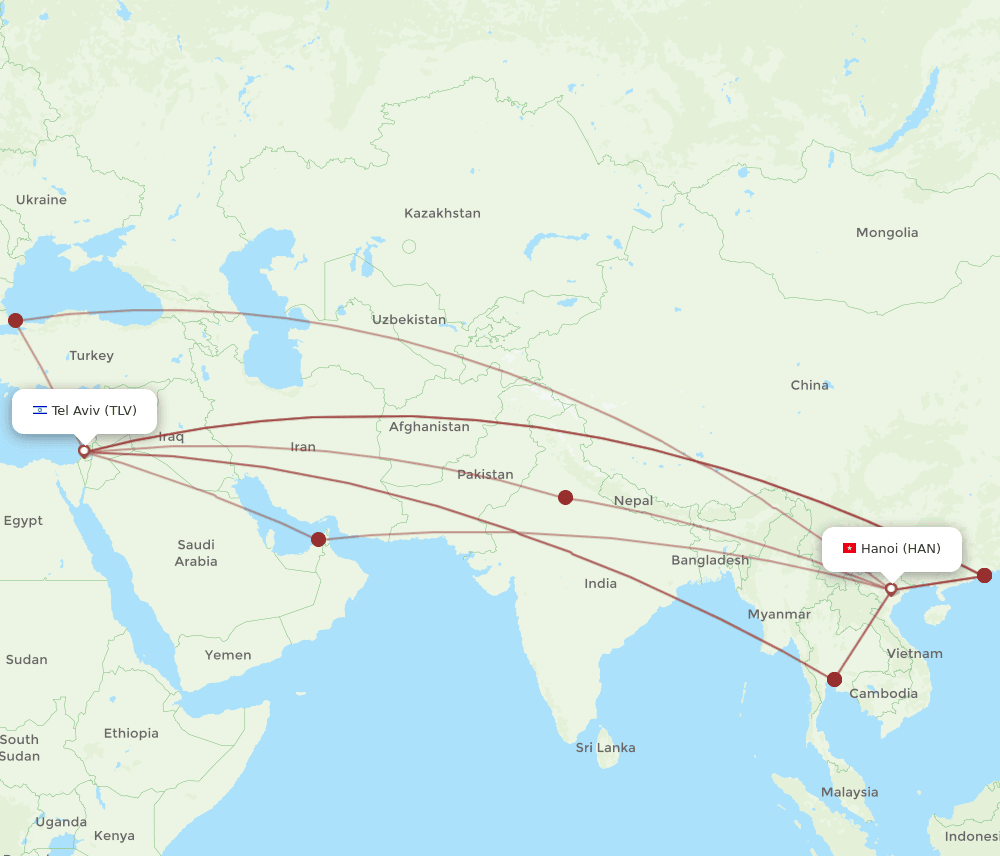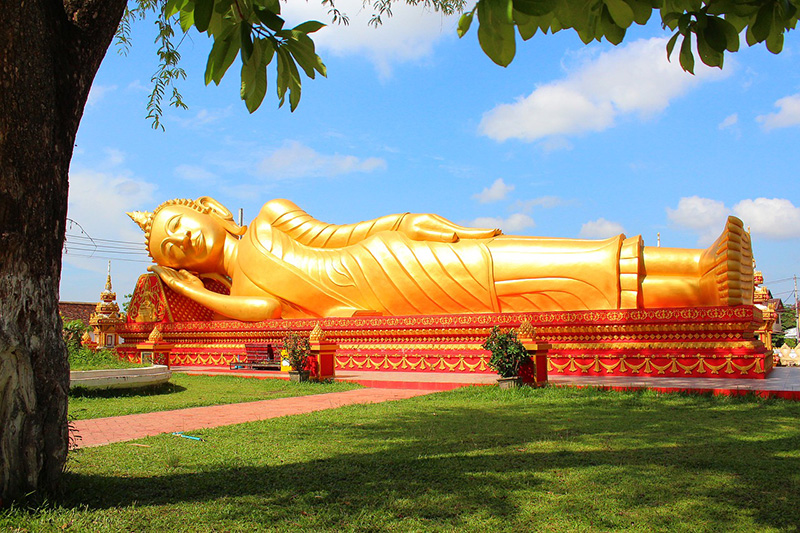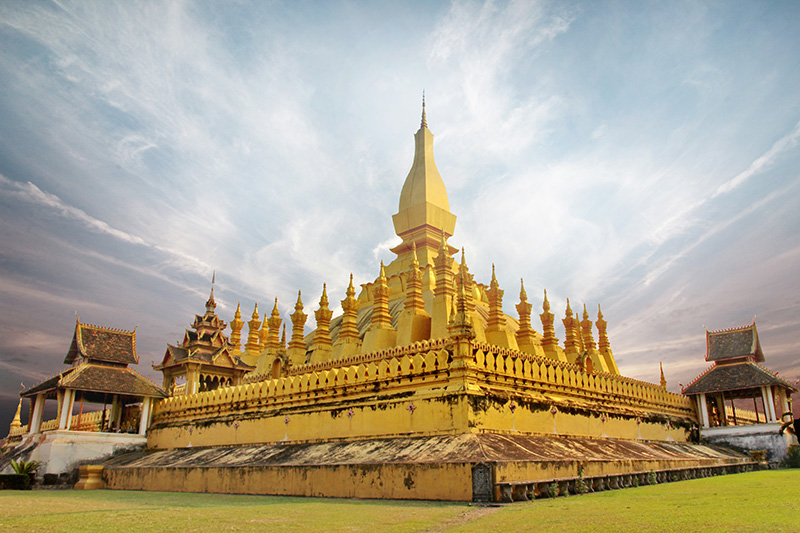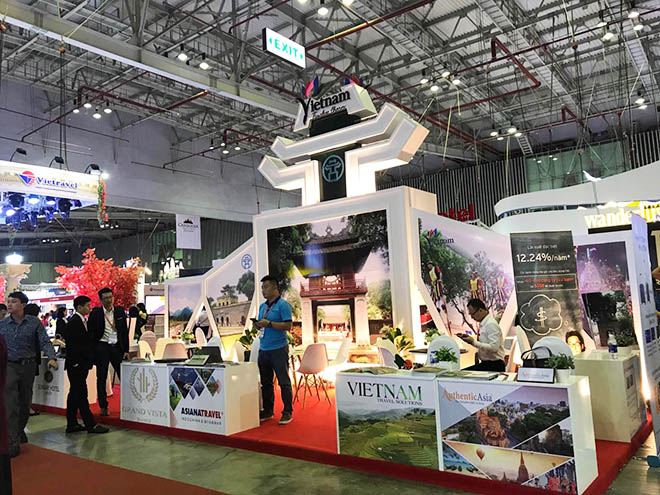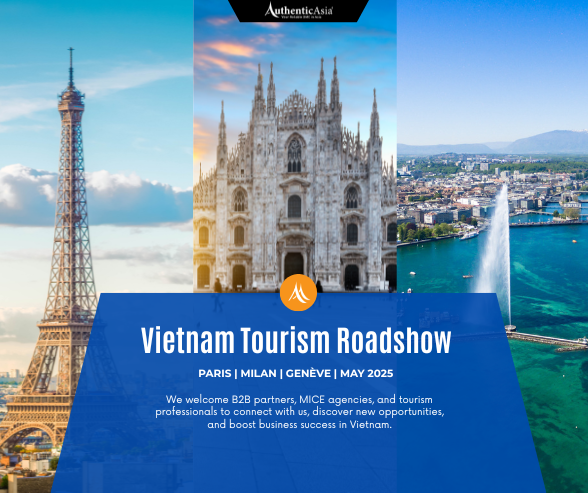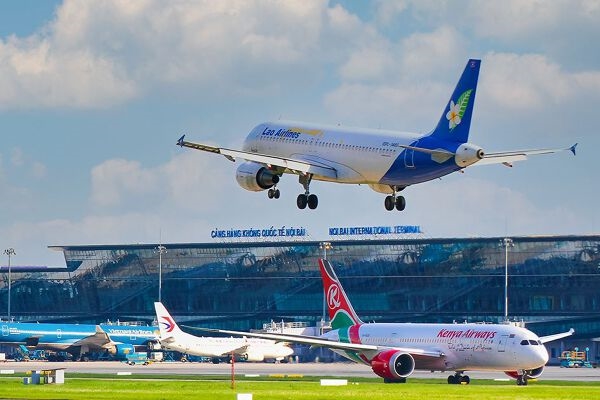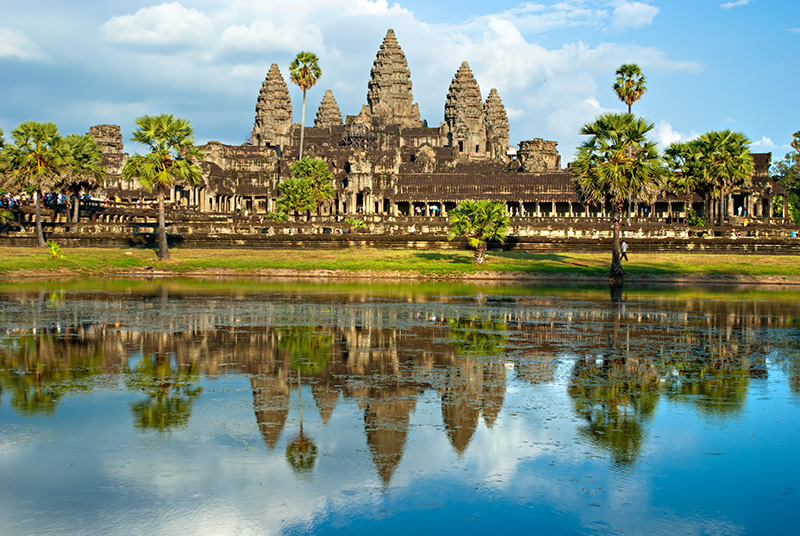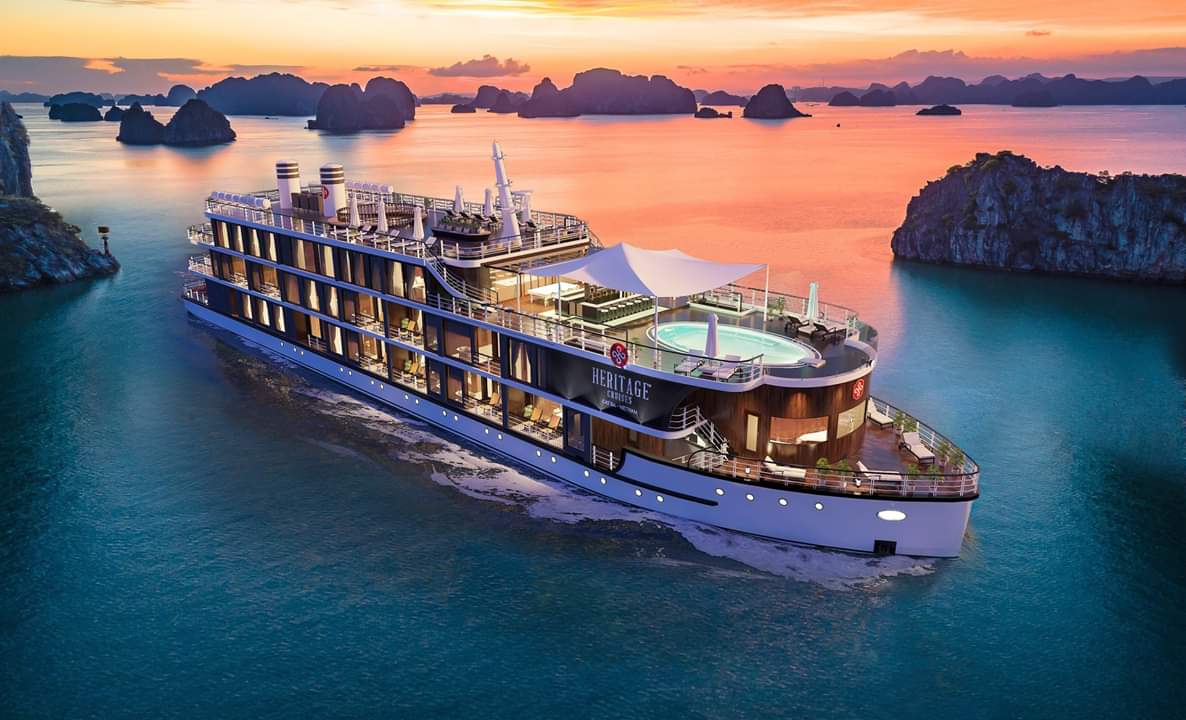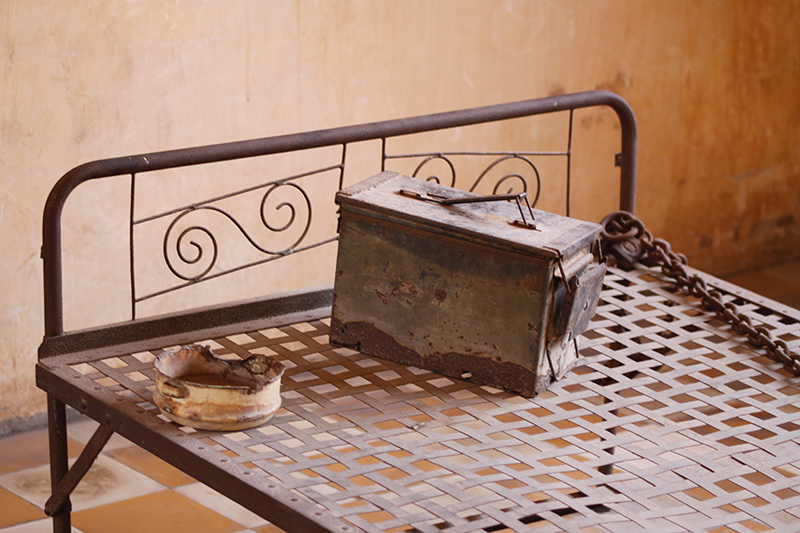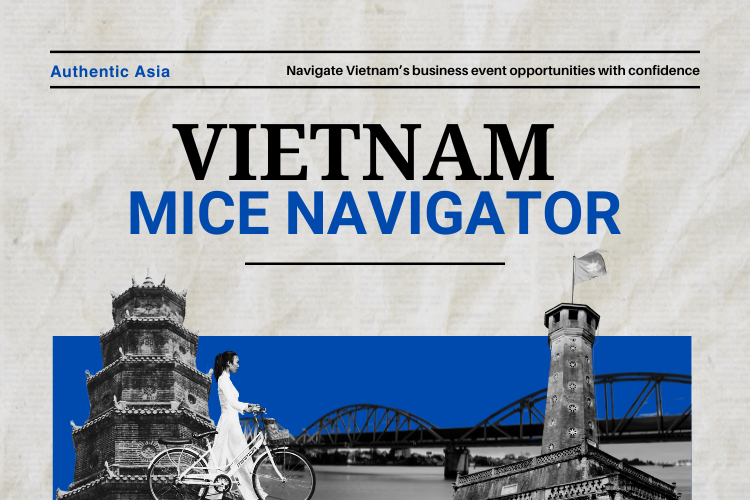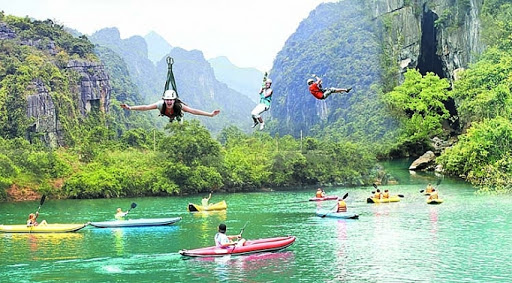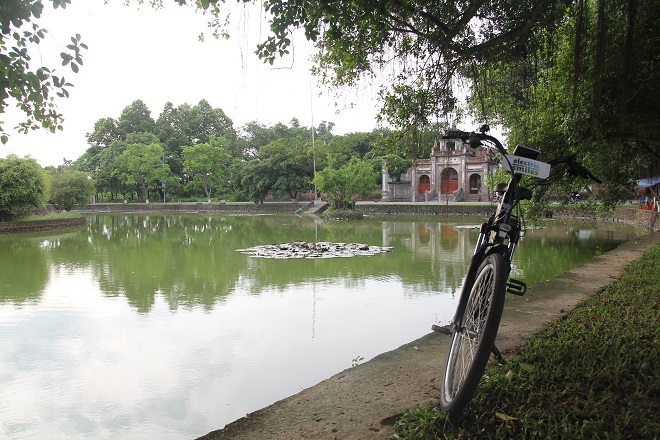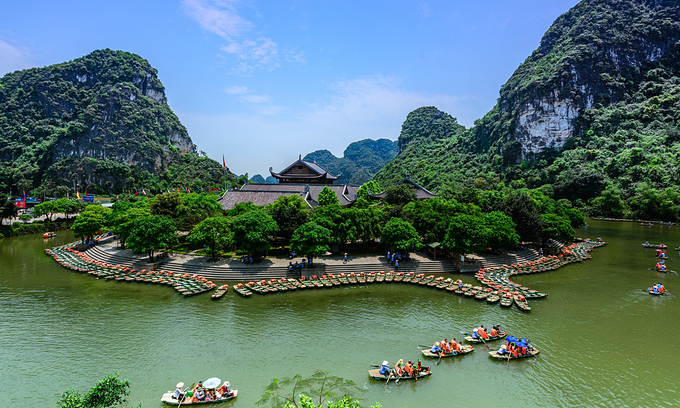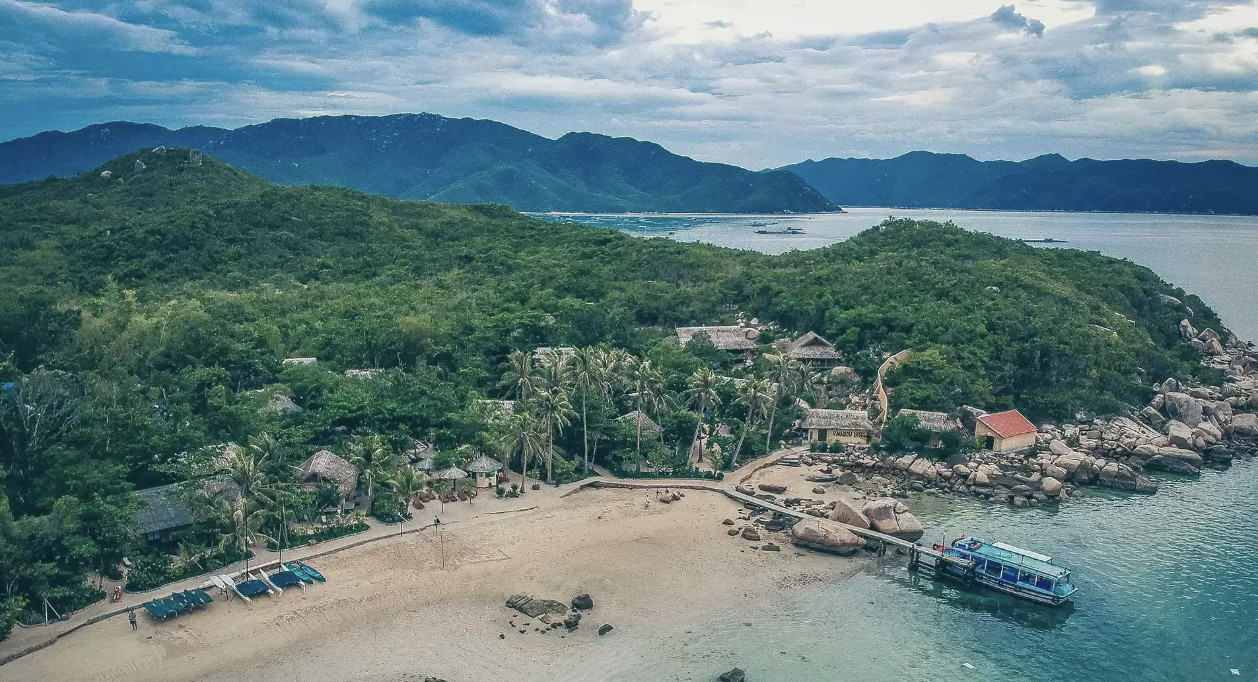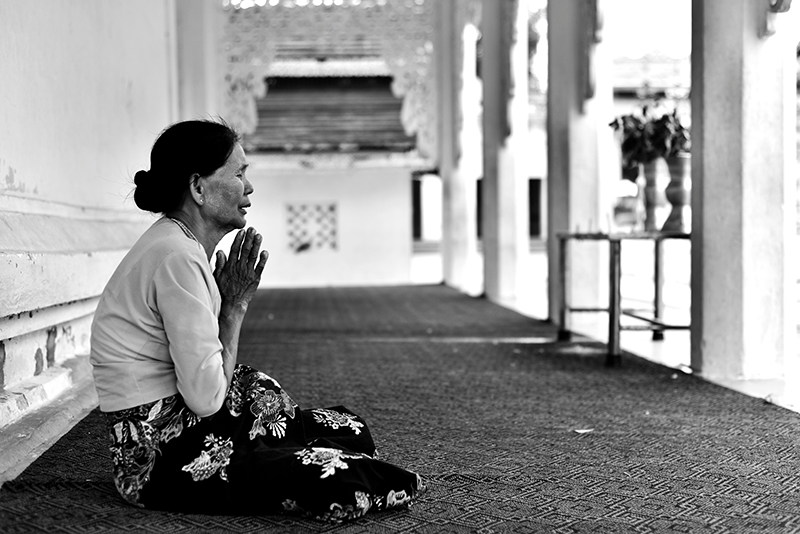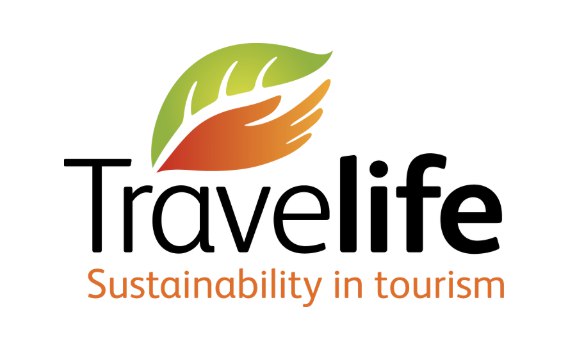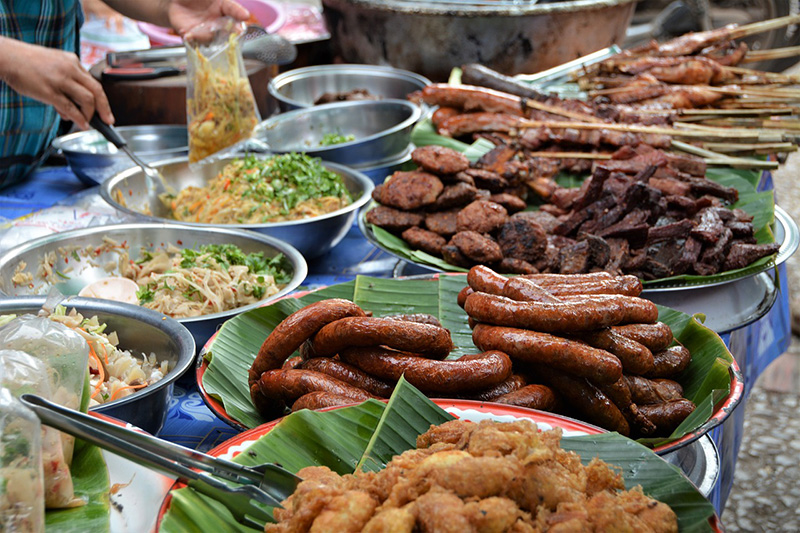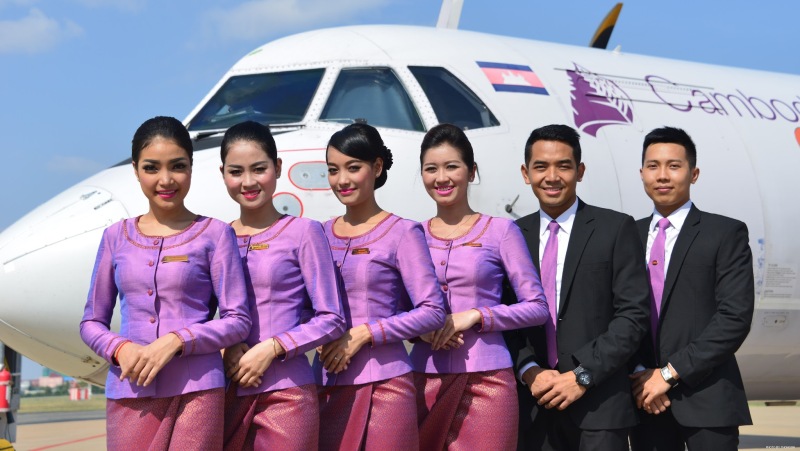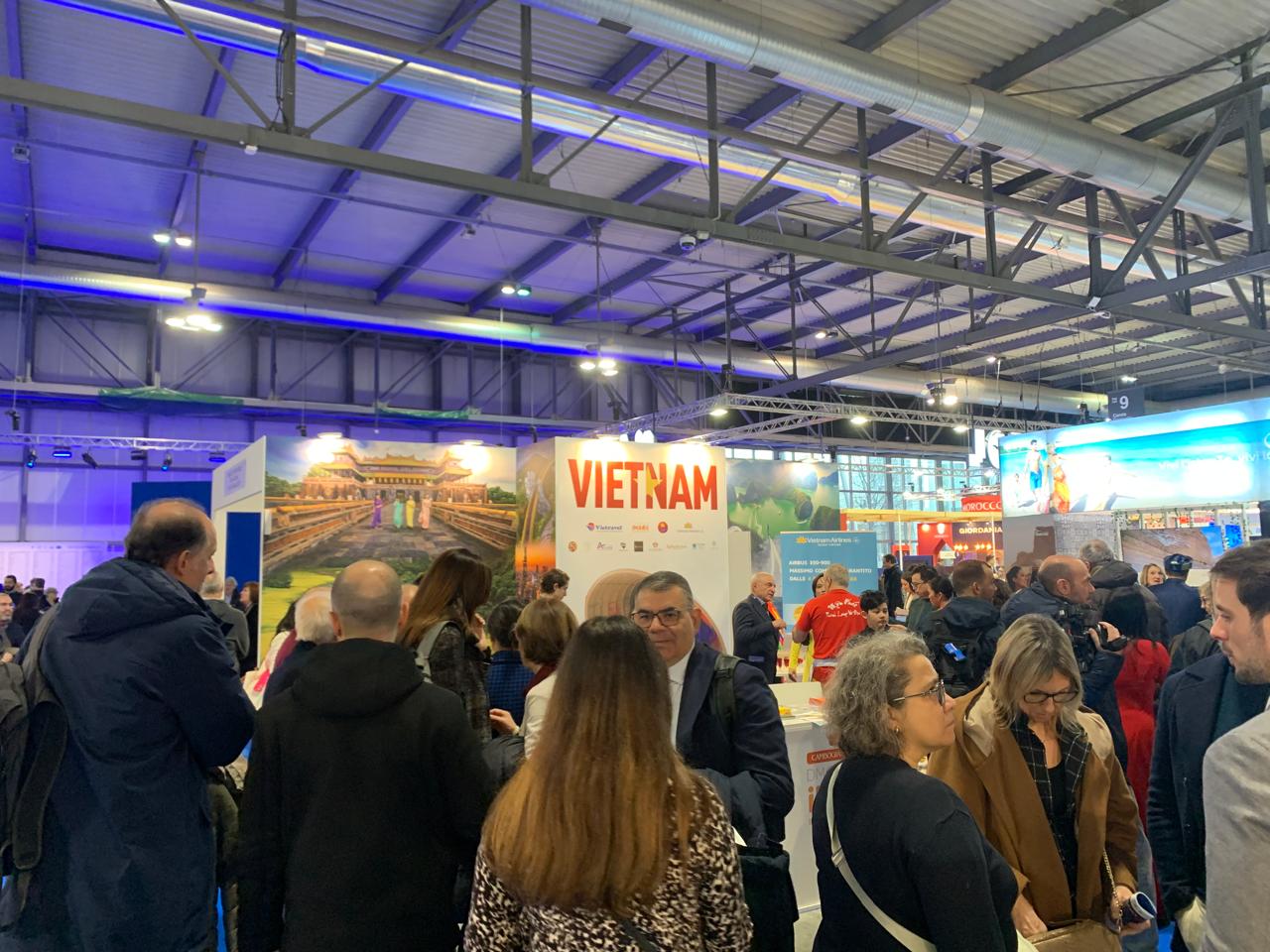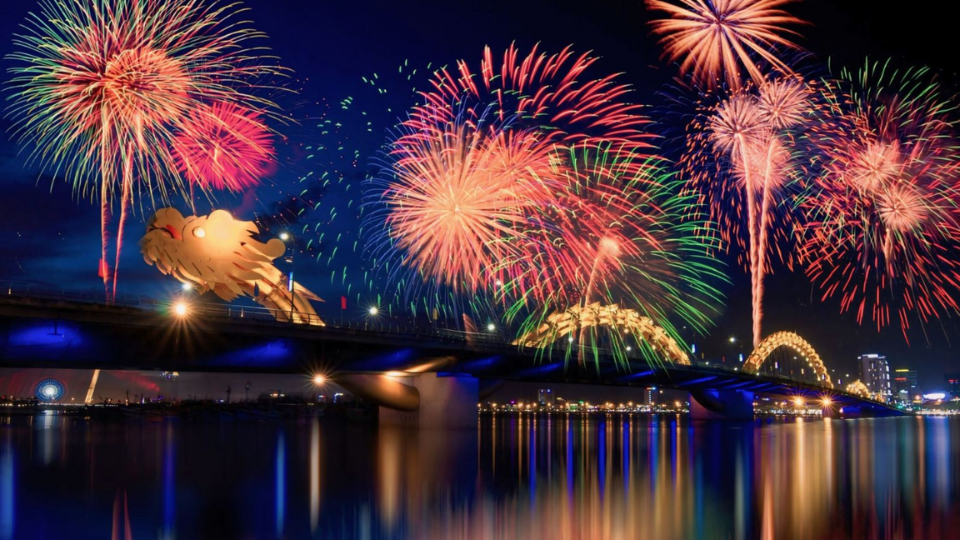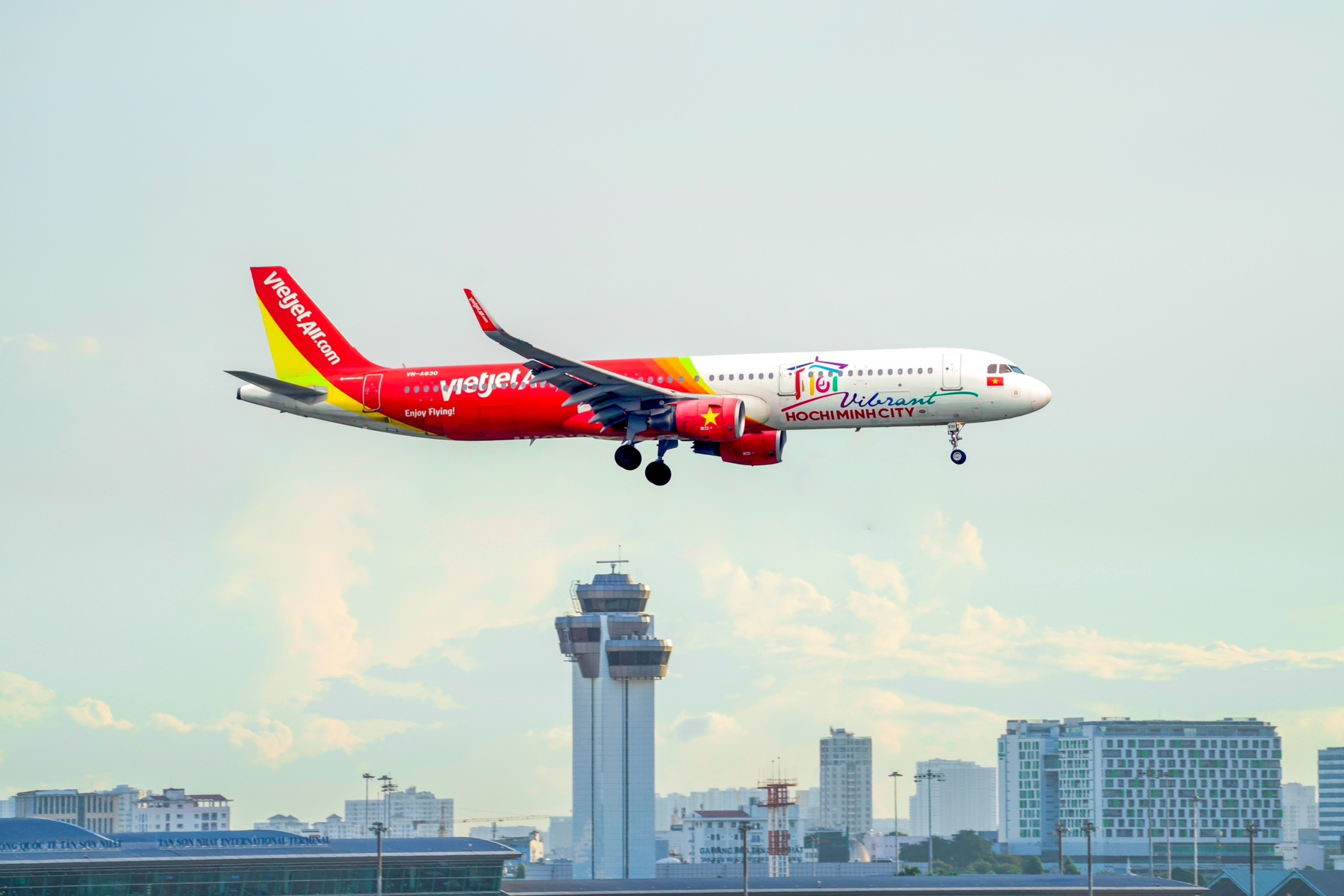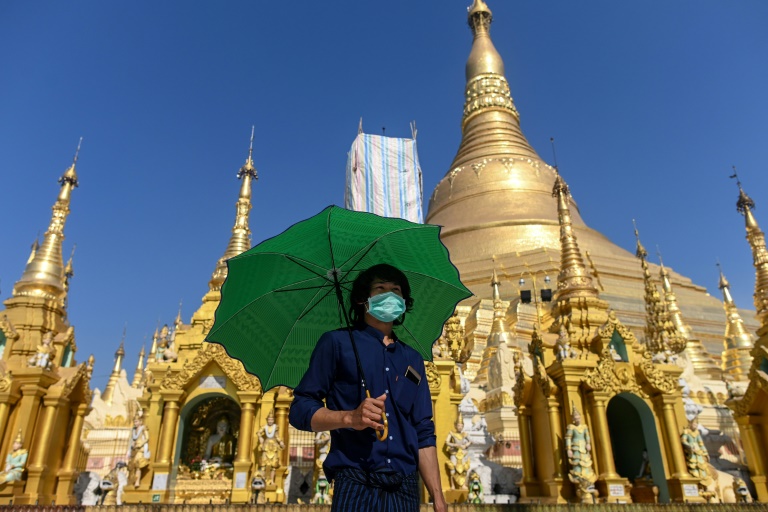
Latest Tourism Updates on August 14
Fri, 08/14/2020 - 16:26

This is Authentic Asia’s weekly tourism newsletter. We provide our partners with the latest updates related to the tourism industry at the destinations we deploy including: Vietnam, Cambodia, Laos, Myanmar and Thailand.
Below is the information for the last week.

Thailand's "pay-to-stay" program for wealthy citizens is expanding, and the Thai government is aiming to become an ideal place to stay for foreigners thanks to its Covid-19 anti-epidemic was quite successful.
According to Bloomberg, the Thailand Elite Card program, a residential visa program for foreigners, investors and wealthy groups of residents, is being actively deployed. The membership fee of this card ranges from 500,000 baht to 2 million baht (16,000 USD to 64,000 USD) for a 5-year visa.
This affluent residency program includes a number of services such as airport limousines, private jet and yacht transfers, medical check-ups, and golf tournaments at many golf courses in Bangkok, Phuket and Pattaya.
With borders being closed and global travel slowing down, now seems the right moment to develop a visa program. However, the Thailand Elite program, which has been maintained for 17 years, is currently developing during the pandemic. In the fiscal year ending September 2020, an estimated 2,288 registered people, up 6.8% from a year earlier. Revenue from the program is estimated to increase by 7.7% to 1.4 billion baht.
According to many foreigners who have lived and worked in Thailand on a variety of visas, this visa program is more attractive than the 1-year visa program or marriage registration, which requires too much appearance at government offices, contact with lawyers and keeping a fixed amount in banks.
The program focuses on targeting people who are currently living in Thailand and are not confident about the situation of disease control in their country
The ability to attract people who want to buy this residency from outside Thailand is currently quite limited due to the strict border restrictions, however, it is more likely that many expats want to have a place to live with full, convenient and Thailand could be a good choice.
Acc: Bloomberg

The government said that it will cancel a three-day water festival scheduled to take place in late October in an effort to stem the spread of COVID-19.
In a letter dated August 11 and sent to Kong Sam Ol, Royal Palace Minister and chairman of the National Committee for Organising National and International Festivals, Hing Thoraksy, permanent Secretary of state at the Council of Ministers, said: “The government has approved the cancellation of the water festival in 2020.”
The cancellation was made following the request by the NCONIF, according to the letter.
This year’s water festival will be held from October 30 to November 1.
Cambodia recorded 272 COVID-19 cases since January.
Acc: Khmer Time

The drainage system beneath Angkor Wat temple’s ancient bridge has been fixed, the Apsara National Authority said yesterday, with the rest of the revamping still underway and expected to conclude in the next two years.
The maintenance of the bridge drains was done to prevent any instance of erosion damage beneath the structure after water was found trapped within the pipes.
In a statement released by the ANA, it said the clogging of the drain pipes were due to the presence of plastic and soil inside.
“To carry out the maintenance work, technicians had to use a pipe inspection camera, which is a kind of a cable camera device, to see what’s causing the congestion,” the statement said.
Despite the good news, ANA spokesman Long Kosal said several tasks remain to be done to ensure that the bridge is fully restored before it can be utilised by tourists.
According to the ANA, the floating bridge is 170 metres long and eight metres wide, uses 6,720 airbags, and has the capacity of supporting 1,360 people standing on the bridge at the same time.
In 2017, the ANA started the restoration of the bridge. The following year, the bridge was temporarily reopened to accommodate tourists during the Khmer New Year holidays.
Asked if the same will be done this year in anticipation of the upcoming holidays, Kosal said it is highly unlikely as major repairs still need to be made on the bridge. However, he said the ANA has already cleaned up the temples to ensure the health and safety of tourists.
In light of the pandemic, Kosal appealed to visitors to maintain social distancing and practise good hygiene in adherence to guidelines issued by the Ministry of Health.
“We may be unable to conduct temperature checks and install handwashing stations at the entrances of the temple as many people are expected to visit. Nevertheless, I urge the visitors to observe virus prevention measures and practices while visiting the temple,” he said.
Acc: Khmer Time

Not only famous for its magnificent natural landscapes and cool year-round climate, Sa Pa is also known for its special salmon dish that visitors have to enjoy once. The salmon sold at the restaurants here is not frozen imported from abroad but fresh raised by local people.
Currently, the form of salmon farming applied in facilities in Sa Pa is artificially fertilized eggs from Europe. After the eggs are imported, they will be stocked in cold water for about 1.5 - 2 months. After the eggs hatch into fry, the fry will be nursed until about 30 grams, then transferred to the grow-out tank.
To have an adult salmon that can be put in restaurants, sold to tourists, it takes more than 1 year for farmers to have an adult weight of 1 - 1.5 kg, the largest about. 2 kg. Due to favorable climatic conditions, most people choose to raise salmon and sturgeon for economic development.
Sa Pa salmon is raised in immaculate conditions, so this is considered a specialty, most are booked by restaurants in the town. However, since Tet holiday, when the restaurant stopped buying in addition to the impact of the Covid-19 pandemic, people fell into a difficult situation, a large amount of salmon had to be sold in markets and retail to traders. Especially when Sa Pa stopped welcoming tourists from March 18 to March 31, the price of salmon at this time was only sold for 150,000 VND / kg.
Although facing difficulties due to epidemics, salmon farming in Sa Pa has undeniably brought a stable life for the people.

